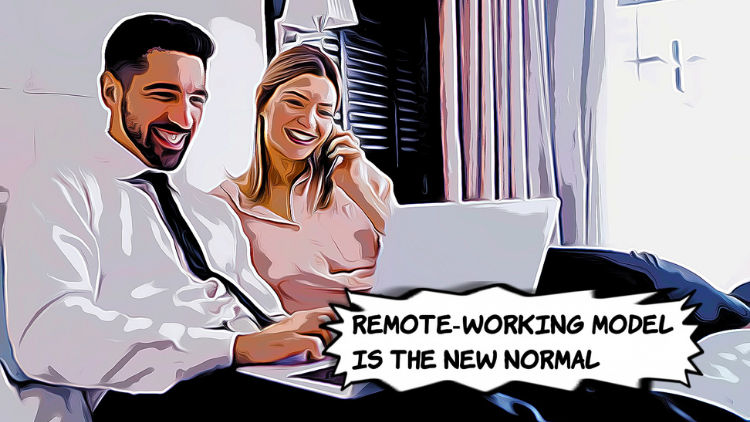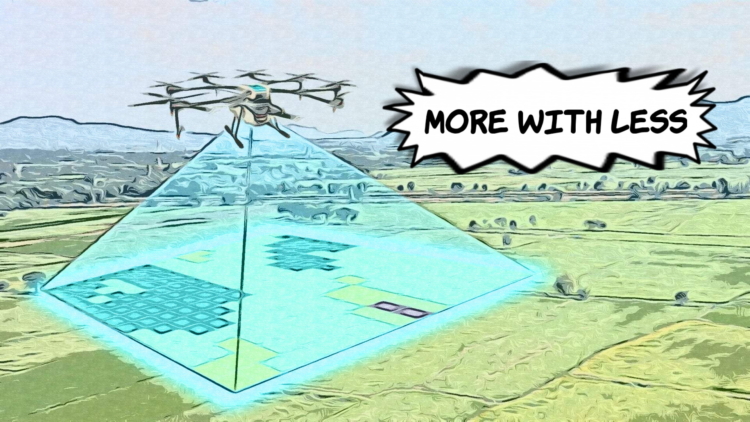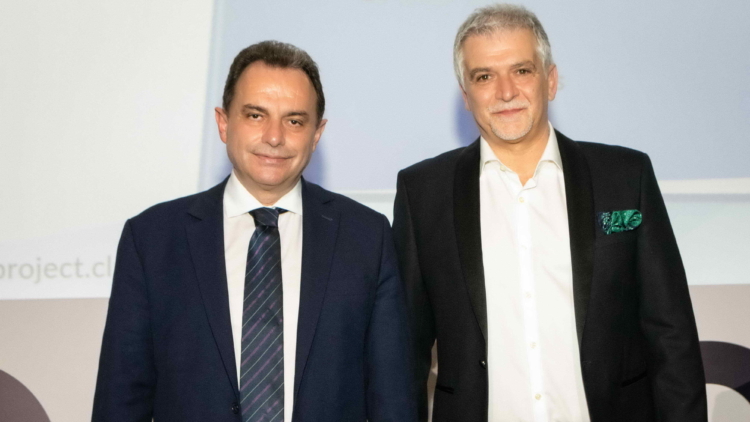After the pandemic, until the next one…
All sectors are in the midst of an unprecedented transformation now.
Why it is so difficult for the governments to spot new and radical changes quickly, to neglect their blindness to the opportunities have been raised by this crisis and develop their citizens potential?
Why are organizations capable of messing opportunities up so profoundly in such a record time? Are we so naive to argue and believe that there are national solutions to a global crisis of such a size?
How it is possible that corporations -even when they understand the fundamental challenges coming at them and the directions they need to take- are often incapable of moving and seem to be too paralyzed to move fast enough to respond to new business models are triumphing quietly around them?
Why, instead, do we not apply and accelerate the ‘day after tomorrow’ thinking?
Watching the evolution of the pandemic which has plunged the world into this recession is a lot to learn and, unconsciously, a fear of failure and uncertainty institutionalize while challenges continued to pile up. Despite this, on the surface at least, our response system looks remarkably normal versus the lack of plans by governments to deal with such a threat- especially given the scale of the disruption we’ve just experienced which it was supposed to be the subject of contingency protocols for states; there have been more failures successes.
Likewise, we have learned that, as in every crisis, there is now a refusal by portions of the population to admit the seriousness of the situation and to act with collegiality and responsibility how to overcome fake news, rumors, conspiracies, and biased mind-set coming from continues political games which distract us from the immediate and coherent response to the risk.
Likewise, putting people to choose between privacy, “rights” and health is, in fact, the very root of the problem.
We can, must and should enjoy both privacy and health. But to achieve this level of compliance we need TRUST (in science, in authorities and in the media) as the long-term prospects for families dependent on incomes that come when market grapples with confidence without Mad Max scenarios and erratic behaviors.
Over the past years irresponsible politicians have deliberately undermine trust in science, in public authorities and in the media and now these same irresponsible politicians be tempted to take the high road to authoritarianism, arguing that we just cannot trust the public to do the right thing. But they should know that a self-motivated and well-informed population is far more powerful and effective than a controlled, ignorant population.
Set against the apocalyptic nightmare scenario, however, COVID-19 has the potential to usher in a renaissance that will drive economic recovery, make us healthier and heal our planet. Changes were already beginning. COVID-19 speeds up these trends so now; we should ask ourselves not only how to overcome the immediate threat, but also what kind of world we will inhabit once the storm passes. Above all we must confront the current reality with candor.
Therefore, the crisis, in another view, is the closest ally of the capable and daring and if you have insight, flexibility, and willingness to take risks, then de facto opportunities will emerge. Likewise, crisis has overturned stereotypes by pre-ordering distance work, the use of automation and technology etc. For example, the pandemic not only highlighted the remote-working model but made it a catalyst for us to move to it at a rapid pace, which would not have happened so immediately if there were no emergency conditions. Working from home didn’t seem like too much of a challenge and the model will remain, of course, when the pandemic wave is completed, because it contains positive elements. It reduces the operating costs of companies, can help reduce unemployment, annihilates several employee costs etc.
Yes, this has many positive elements, but it is not a panacea. It must work in the right balance with physical presence and interaction in workplaces which are values will still prevail after all. Still, while technological possibilities ultimately proved redeeming in not losing touch, the silence, the absence of many sounds and activity in noisy cities is something incredible and unprecedented.
But as we contemplate this future, tough questions need to be asked. I believe that the next period will be a constant struggle that requires emotional intelligence, reordering the global model of the care economy.
The journey will be long, how long is impossible to fathom. However, on this journey we must balance survival and sustainable development, so it takes endurance, patience, perseverance, and courage.



